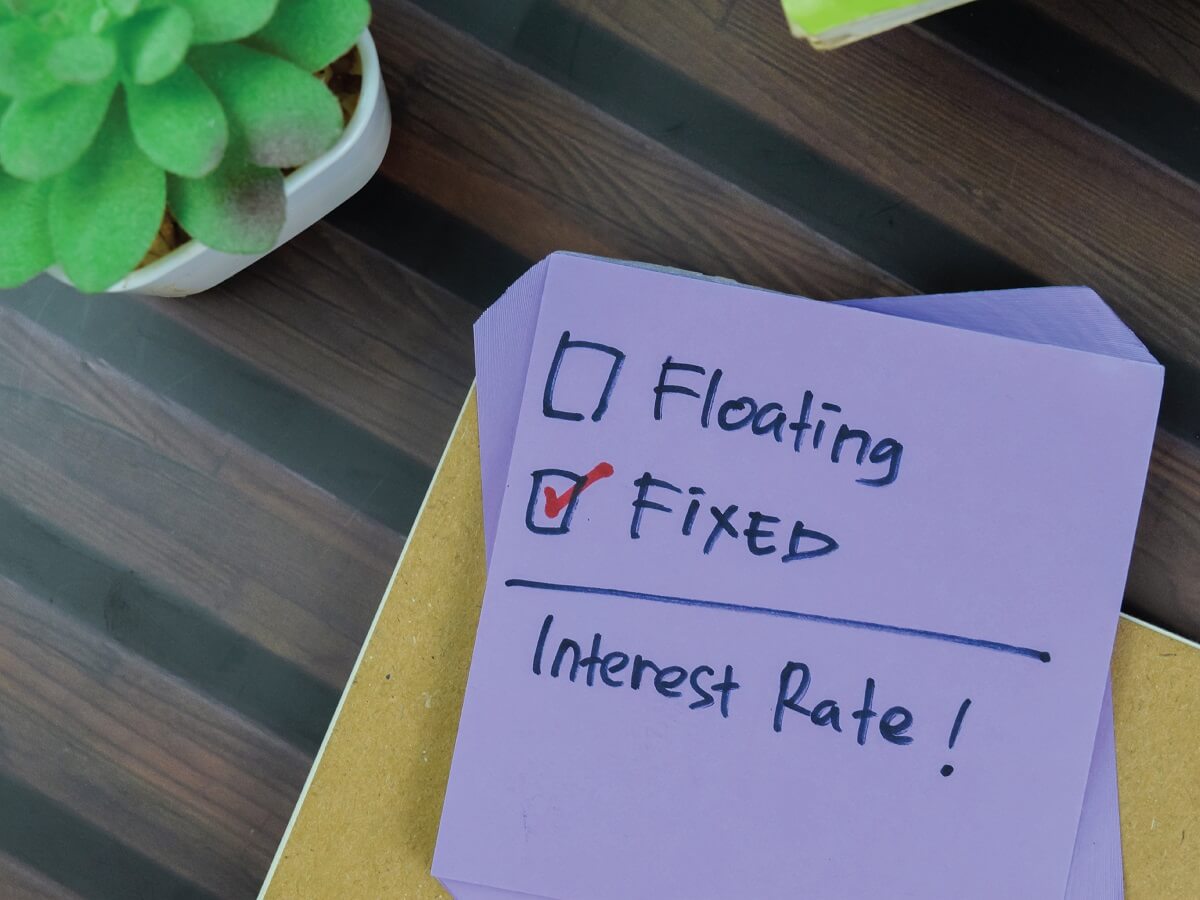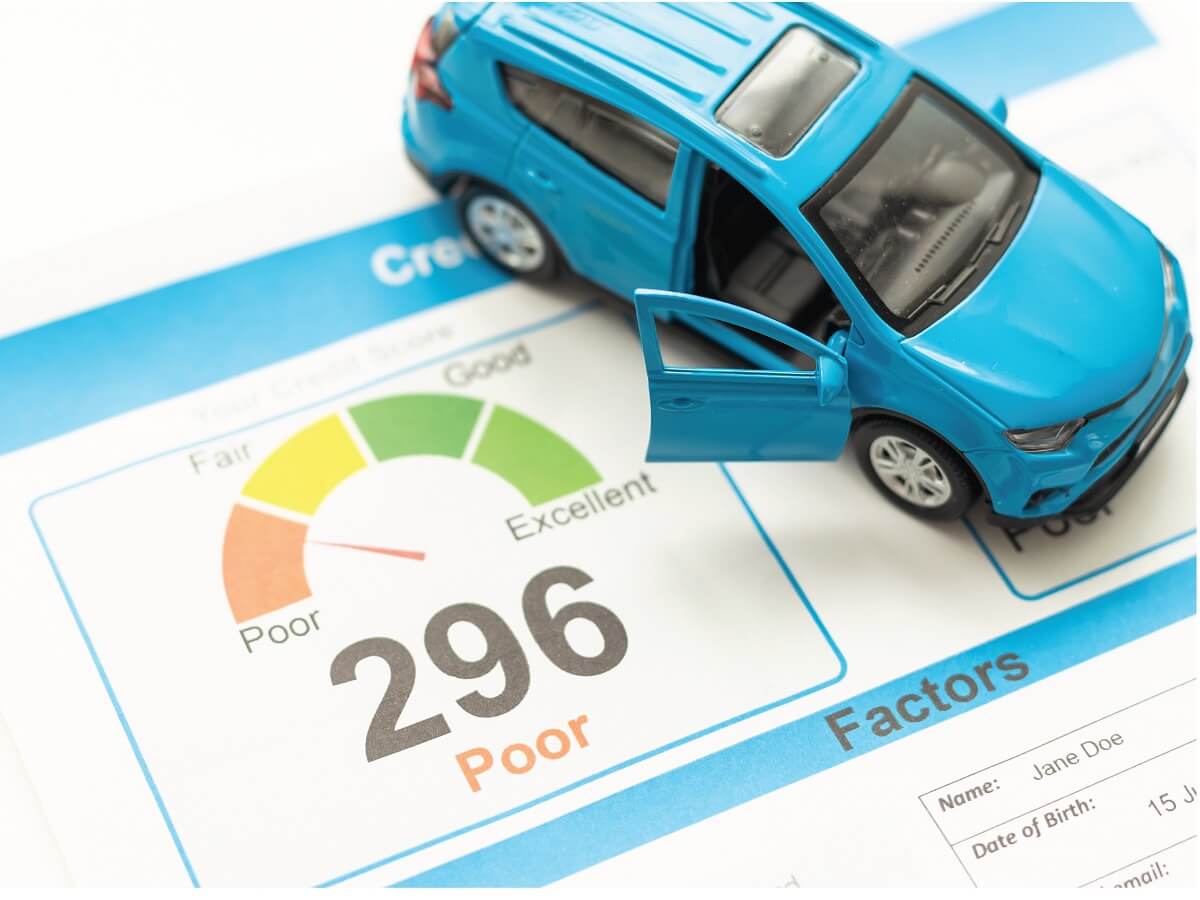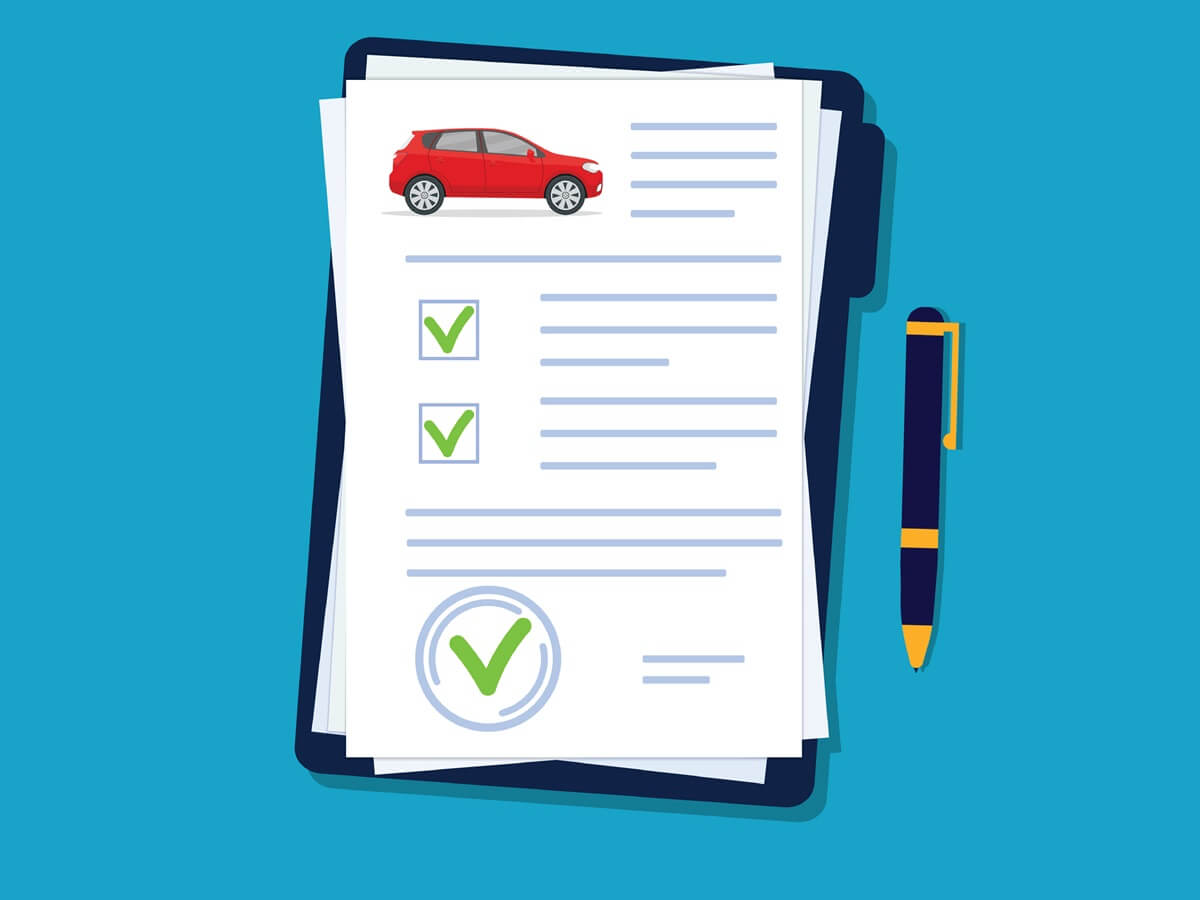Planning to buy a car? Understanding the loan terms is crucial to make an informed choice. When you apply for a car loan, you'll come across terms like fixed interest rate loans and floating interest rate loans. The type of interest rate you choose has a significant impact on the overall interest you'll pay on your loan.
This article explores the meaning of fixed and floating car loan interest rates, their benefits, drawbacks, and help you decide which one is right for you.
What is a fixed interest rate car loan?
When you opt for a fixed interest rate car loan, the rate remains constant throughout your repayment tenure. As a result, your equated monthly installments (EMIs) will also remain the same throughout the tenure.
Benefits of fixed interest rate car loans:
- The interest rate remains constant, providing stability in your monthly repayments.
- Your EMIs are not affected by market conditions.
- Fixed EMIs make it easier to plan your monthly budget and other financial decisions.
Drawbacks of fixed interest rate car loans:
- The fixed interest rate is usually 1% to 2.5% higher than floating car loan interest rates.
- Existing borrowers may not benefit from the repo-rate cuts announced by RBI.
- Some lenders offer fixed-interest rates for only a limited period before revising them based on current market rates.
Who should choose a fixed interest rate car loan?
A fixed interest rate car loan is beneficial for someone who prefers a fixed repayment schedule, is satisfied with the interest rate at the time of loan disbursal, or foresees a rise in interest rates in the future.
What is a floating interest rate car loan?
Looking for floating interest rate meaning? Floating interest rate car loan has an interest rate that varies with the market scenario. The interest charged on this type of loan is based on the present repo rate announced by RBI. When the repo rate increases, your loan's interest rate may also increase, and vice versa.
Benefits of floating interest rate car loans:
- Floating car loan interest rates are usually 1% to 2.5% lower compared to fixed interest rates.
- Even if the floating interest rate increases, it can still be lower than the fixed car loan interest rate.
- Floating interest rates may decrease after a certain period of time, even if they initially increase due to market conditions.
Drawbacks of floating interest rate car loans:
- Your EMIs will vary throughout your loan tenure as the interest rate fluctuates.
- It can be challenging to budget your car loan with other monthly expenses since EMIs are not fixed.
- If the interest rate increases significantly, you may end up repaying more in interest than expected.
Who should choose a floating interest rate car loan?
Those who foresee a dip in market interest rates in the future may opt for a floating interest rate car loan. This way, they can benefit from lower interest rates and reduce their overall car loan debt.
Additional read: What Is Zero Down Payment On Car Loan
Conclusion
Understanding fixed and floating interest rate car loans is essential when looking for a car loan. Consider your requirements and eligibility to determine which type of interest rate suits your budget. Use a car EMI calculator to estimate how much interest you'll be paying in different scenarios. Mahindra Finance offers competitive car loan options that can help you finance your dream vehicle while providing personalised assistance throughout the process. Apply for a car loan online with Mahindra Finance today and make an informed decision about your car loan.
FAQs
Q: How can I calculate my car loan EMI?
A: You can use a car EMI calculator available online to get an estimate of your monthly payments based on the loan amount, interest rate, and tenure.
Q: Can I apply for a car loan online?
A: Yes, many lenders, including Mahindra Finance, offer the convenience of applying for a car loan online.
Q: What is the meaning of a floating interest rate?
A: A floating interest rate is one that varies with market conditions. It is usually based on an index like the repo rate set by the RBI.
Q: Which is better floating interest or fixed interest?
Floating rates are a bit lower than fixed rates.






















































